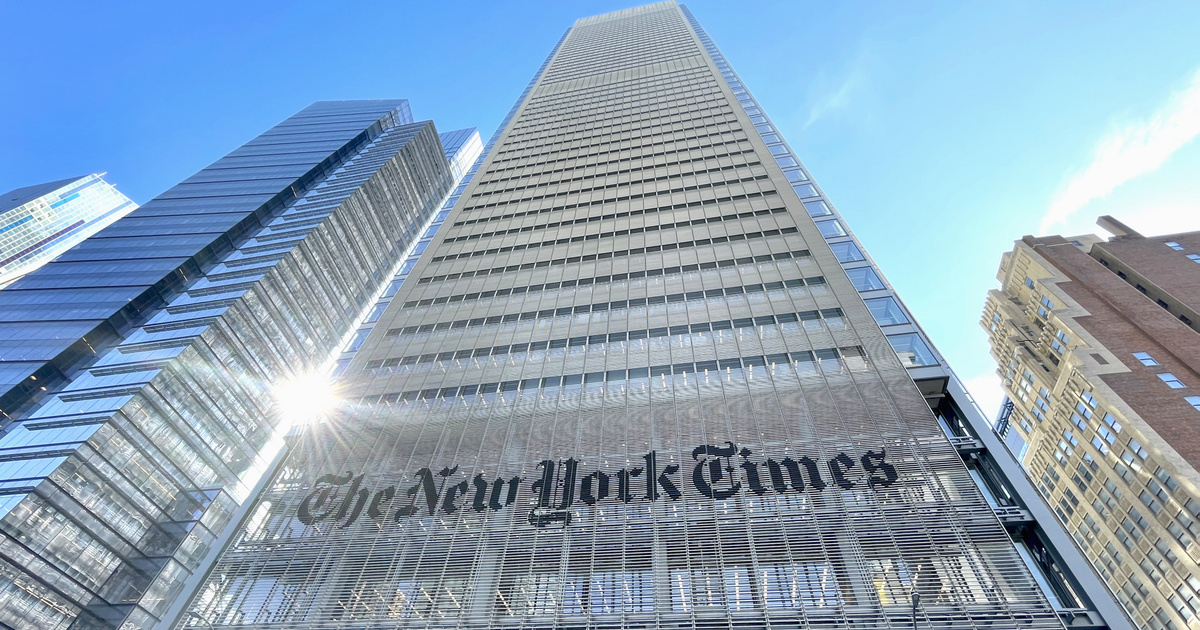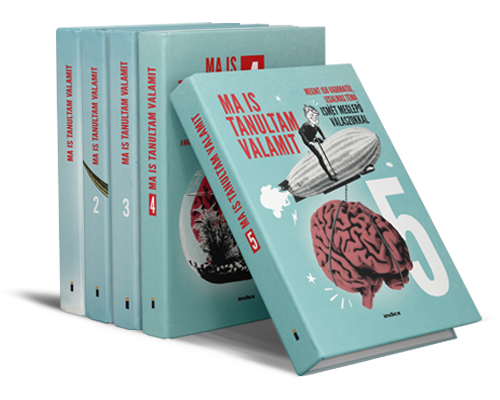The New York Times began legal proceedings against OpenAI in Manhattan federal court on Wednesday. The daily newspaper accuses the company that developed ChatGPT of
Millions of articles were used in a copyright-infringing way to train artificial intelligence, which now rivals the newspaper as a reliable source of information.
As previously reported, The New York Times amended its user terms in August to prohibit the use of its articles for AI training. At the time, it appeared that preparations were being made for a legal battle that could eventually lead to ChatGPT Close it It can also lead.
According to US law, the plaintiff can be fined $150,000 in each case of copyright infringement, which, for millions of articles, could mean an amount similar to the annual gross national product of a major country. At the same time the plaintiff
He does not actually claim compensation.
Rather, it calls for the destruction of AI models trained on copyrighted content.
OpenAI and its main business partner Microsoft have not yet responded to news of the lawsuit.
All the huge investments that [The New York] The Times made a contribution to the press, and the defendants are trying to take it for free. Times content is being used at no cost to create a product that replaces the newspaper and steals its audience
– They mentioned in their submission.
Basically, what happens is that ChatGPT is trained on newspaper articles to generate live text on a topic being asked. They showed several examples where the generated text literally matched one of their previous articles.
According to the newspaper, since April of this year, negotiations have taken place with OpenAI and Microsoft on this issue, but these have not yielded results, and for this reason the case was referred to the legal path. Meanwhile, other publishers and news agencies, such as the Associated Press and Axel Springer, agreed to use their content with OpenAI this year.
Non-destructive data collection
There's a real gold rush around AI companies swimming in investors' money — and at the same time, due to problems surrounding the incredibly large datasets needed to train models, there are numerous copyright lawsuits against them, and the New York Times isn't the first in this regard. .
Getty Images has filed a lawsuit against Stable Diffusion, which creates an image provider watermark in its images as a clear sign of crime. Jonathan Franzen, John Grisham, and other authors have sued over unauthorized use of their books. Actress Sarah Silverman took a similar step over the unauthorized use of her memoirs.














































